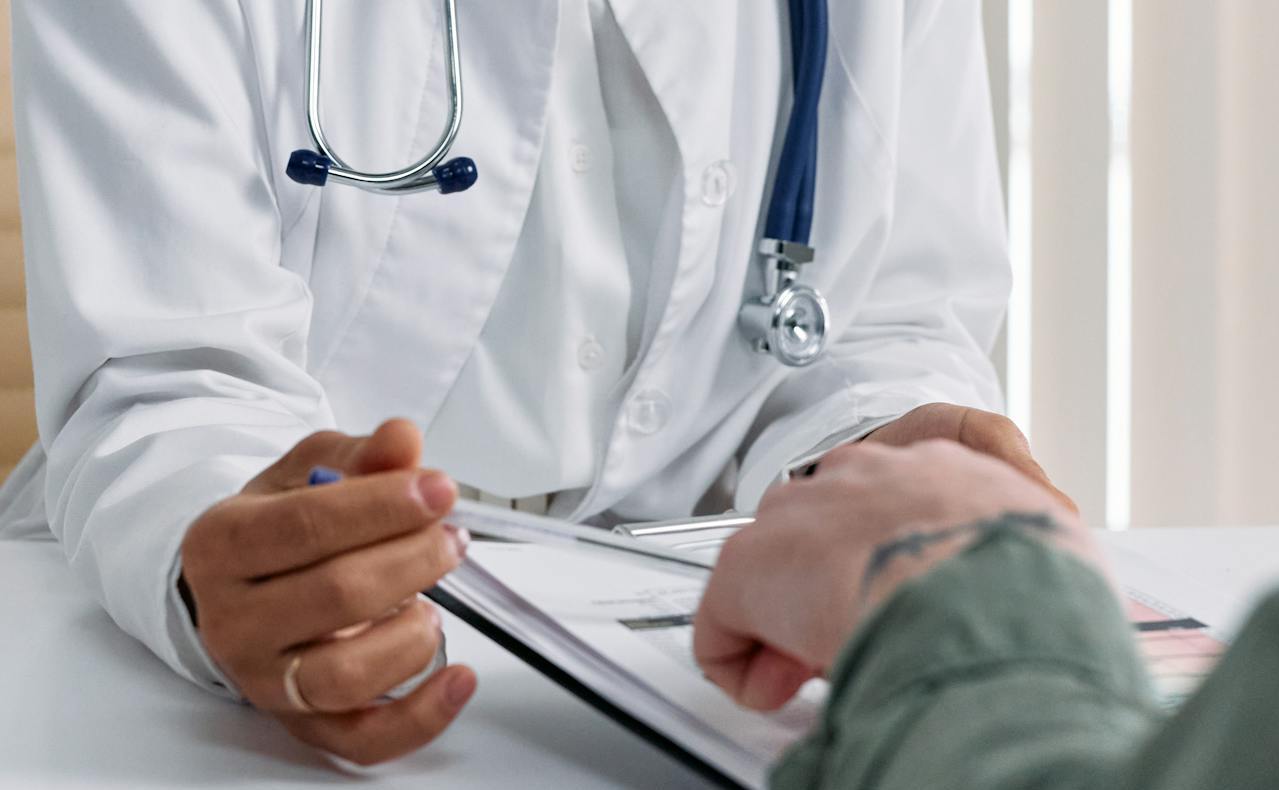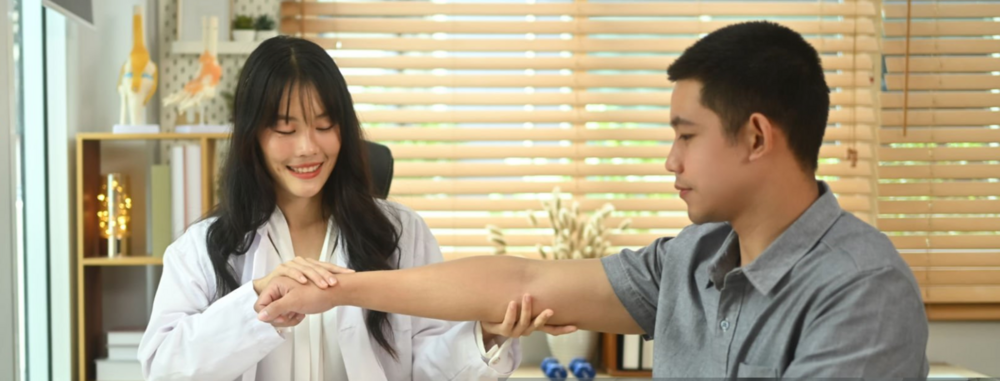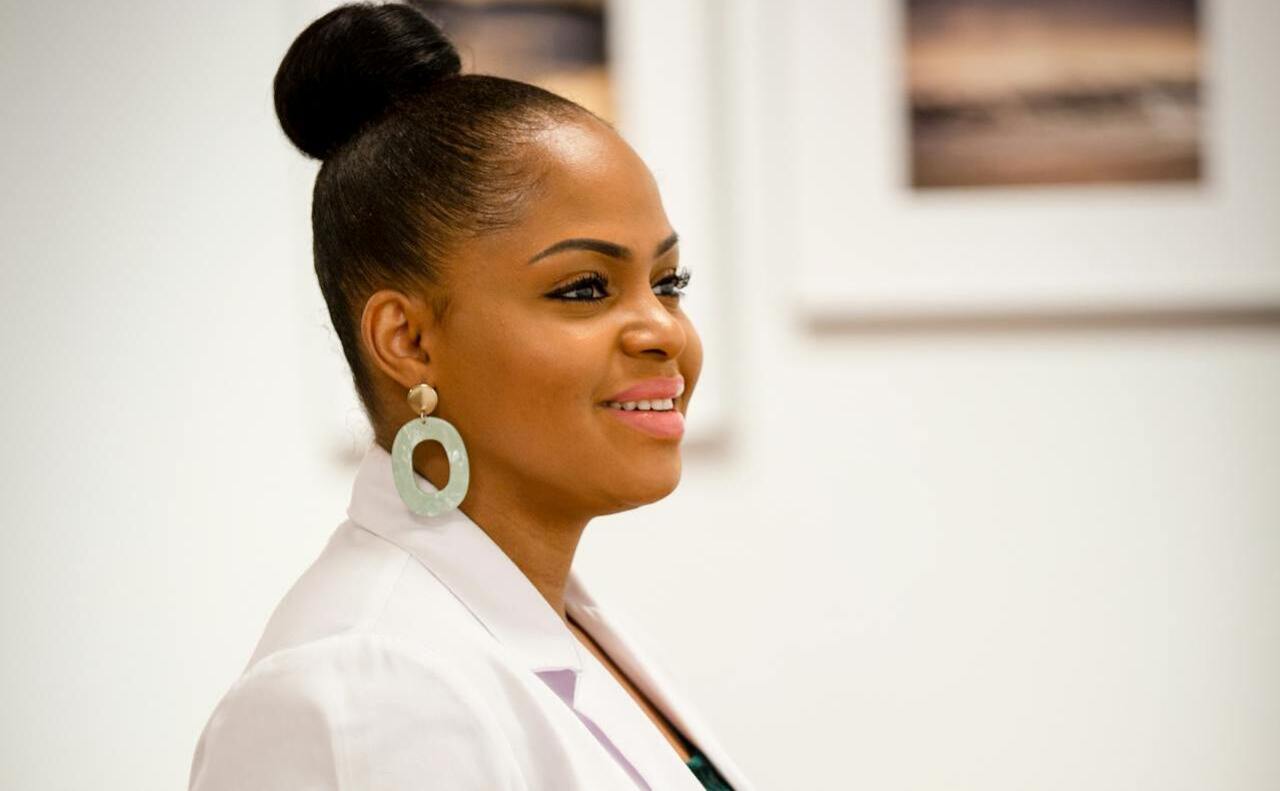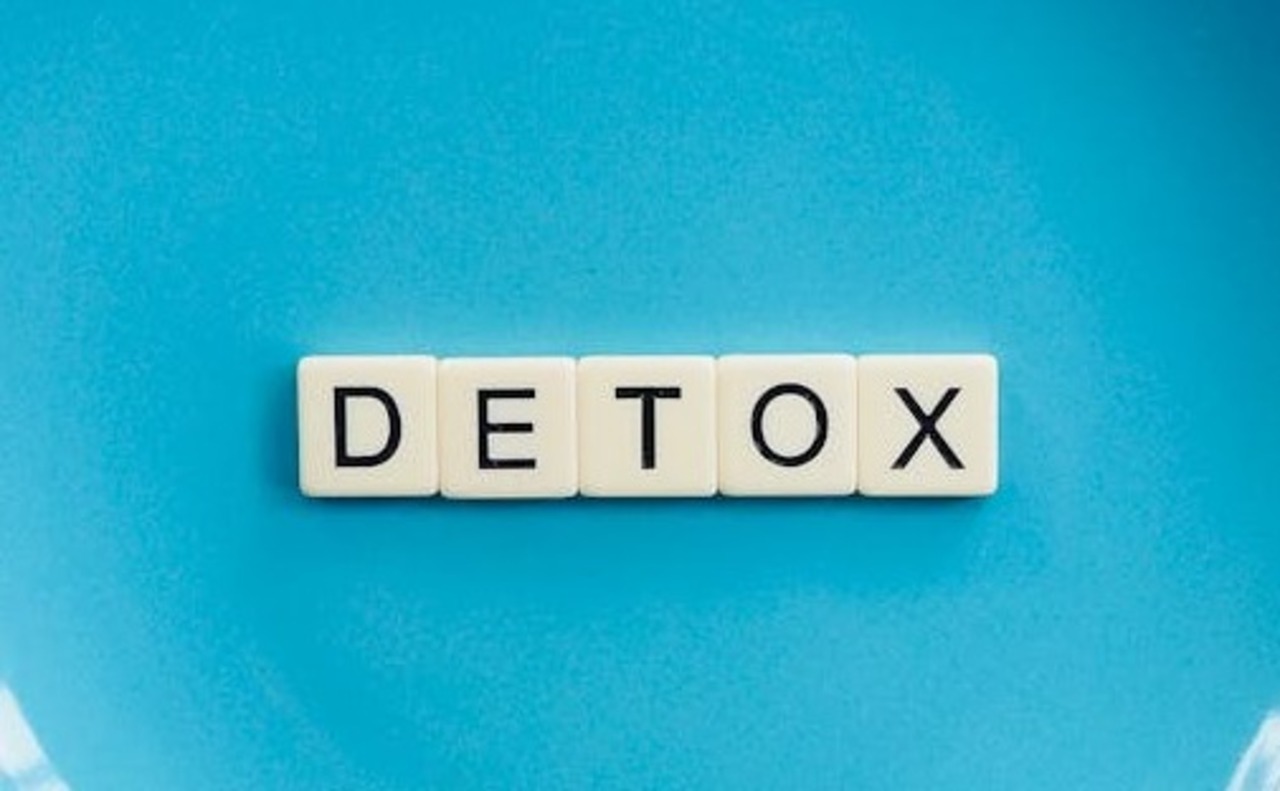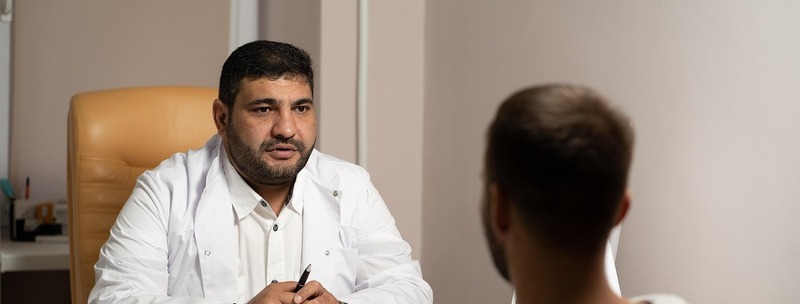Vivitrol is an extended-release form of naltrexone, a medication approved by the FDA to help people recover from alcohol use disorder. It’s delivered as a monthly injection and works by blocking the pleasurable effects of alcohol in the brain. For many, it’s a powerful tool in relapse prevention.
But a common and important question is: What happens if you drink while on Vivitrol?
At Colorado Medication Assisted Recovery (CMAR), we help people understand not just how Vivitrol works, but how to use it safely and effectively as part of a comprehensive, outpatient recovery plan.
What Vivitrol Does to Alcohol’s Effects
If you drink while on Vivitrol, you won’t feel the usual effects of alcohol, no “buzz,” no euphoria, no sense of relaxation. That’s because Vivitrol blocks opioid receptors in the brain, which are partly responsible for alcohol’s rewarding sensations.
But this doesn’t mean you won’t feel anything.

Here’s what you can expect:
- You may still feel physically impaired (e.g., motor coordination issues)
- You won’t get the high that usually drives continued drinking
- You may experience frustration or disappointment, which can trigger other emotional responses
Some people report trying to “override” the medication by drinking more. This can be dangerous and lead to alcohol poisoning, as the body absorbs more alcohol without the person feeling intoxicated.
Is It Safe to Drink on Vivitrol?
Vivitrol does not make alcohol toxic in the body. It is not like Antabuse (disulfiram), which causes physical illness if you drink.
However, drinking while on Vivitrol is not safe for several reasons:
1. Higher Risk of Alcohol Poisoning
Because you won’t feel drunk in the same way, you may drink more than usual. This increases your risk of alcohol-related harm, including liver damage, blackouts, or even alcohol poisoning.
2. Psychological Consequences
Drinking on Vivitrol can feel like failure to some, which may trigger feelings of guilt, shame, or hopelessness. At CMAR, we help patients view relapse as a learning opportunity, not a reason to give up.
3. Undermining Your Recovery Plan
Vivitrol is most effective when used in conjunction with behavioral therapy, counseling, and peer support. Drinking while on the medication may delay your progress, making it harder to build a sober, stable life.

Can You Still Feel Alcohol’s Physical Effects?
Yes, Vivitrol doesn’t block all the physical effects of alcohol. While the emotional reward is muted, people may still experience:
- Slurred speech
- Impaired coordination
- Nausea or headache
- Fatigue or drowsiness
That’s why it’s still possible to get into accidents or make unsafe decisions even if the high is gone.
What to Do If You Slip Up While on Vivitrol
Relapse can happen. If you’ve consumed alcohol while on Vivitrol, you’re not alone, and you’re not beyond help. At CMAR, we use a trauma-informed approach to understand what triggered the relapse and help you develop new coping strategies.
Here’s what we recommend:
- Contact your care team at CMAR immediately
- Be honest about how much you drank and why
- Stay engaged in therapy and peer support groups
- Reassess your treatment plan to adjust for future triggers
Why Vivitrol Works Best as Part of a Full MAT Program
At CMAR, we do more than prescribe medication; we build individualized treatment plans that integrate Vivitrol with therapy, mental health care, and real-world support.
Our programs include:
- Outpatient Detox
- Intensive Outpatient Programs (IOP)
- Dual-diagnosis support for co-occurring mental health conditions
- Peer recovery coaching
- Telehealth options and flexible scheduling
This combination allows clients to reduce cravings, address underlying trauma, and develop sustainable sobriety tools, all while staying active in their work, school, or family life.
Is Vivitrol Right for You?
Vivitrol may be an ideal option if:
- You want to stay sober but struggle with intense cravings
- You’ve completed alcohol detox and are medically stable
- You want a once-monthly treatment with minimal side effects
- You’re committed to participating in therapy and check-ins
We’ll help you determine eligibility through a comprehensive assessment at our Thornton clinic.





